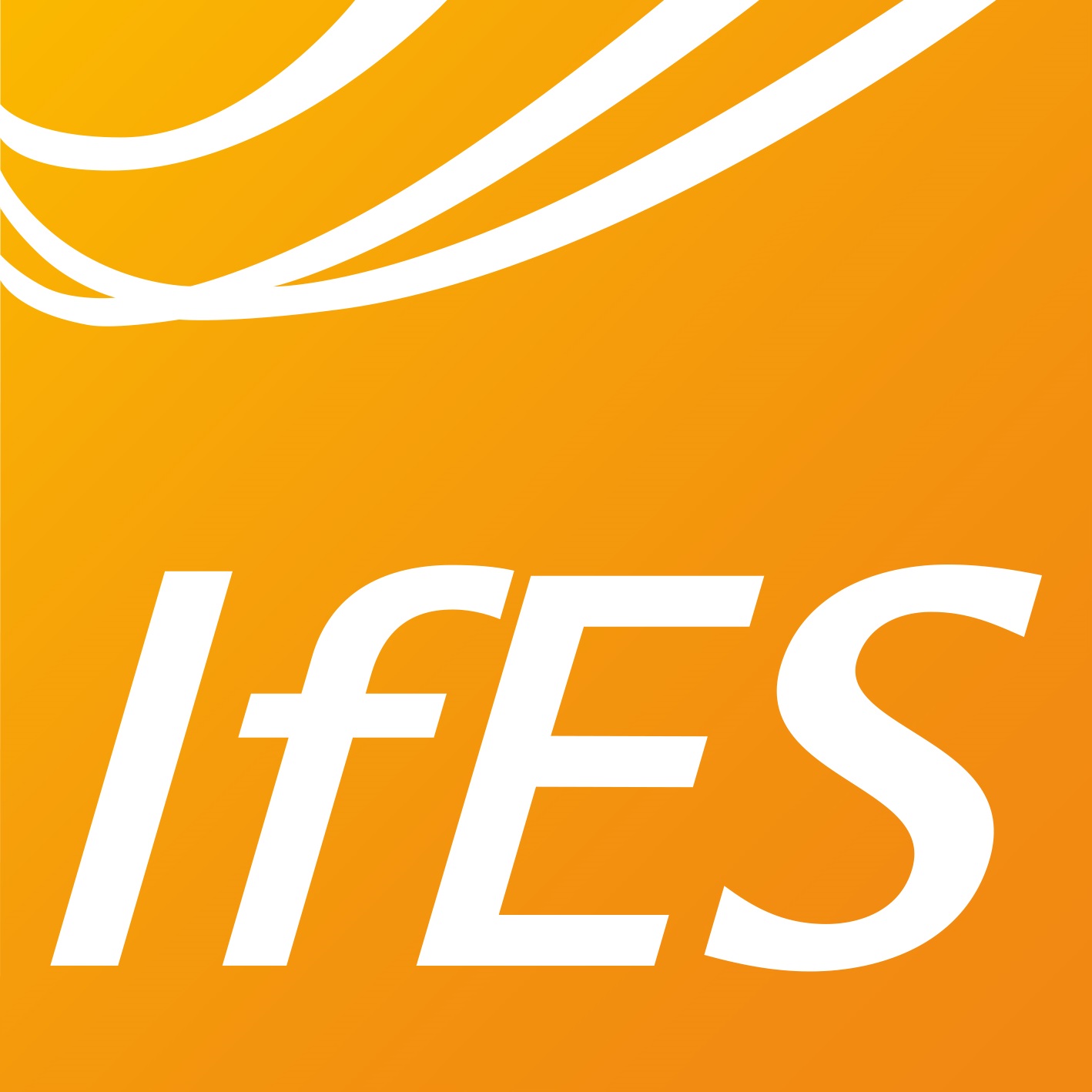How Far are Furan Compounds Reliable Indicators for Thermal Aging of Oil Impregnated Cellulose Insulation?
- authored by
- M. T. Imani, K. Homeier, P. Werle, G. Drager
- Abstract
As the paper insulation in oil-filled power transformers is not easily accessible, a lot of attempts have been paid to indirectly estimate condition of the paper insulation through measurement of the diffused chemicals in the oil as aging indicators. Accordingly, this study investigates the reliability of furan compounds for estimating the condition of a cellulose insulation in power transformers. To model the thermal stress in a transformer, paper insulation impregnated with different dielectric liquids were subjected to an accelerated thermal aging with catalyzer inclusions. Sampling was conducted at predefined intervals; thereupon, the concentration of furan compounds was measured using a high performance liquid chromatography (HPLC) combined with a mass spectrometer (MS). Moreover, the impact of transformer construction regarding hermetically-sealed and free-breathing preservation system on concentration of furan derivate was studied. The amount of furan in the insulating oil increases generally over the aging time; however, for different insulating oils, different behaviors were distinguished. Furthermore, the impact of the system construction on the concentration of furan is presented and it is shown that a sealed construction has a considerably higher concentration of furan in comparison to that of an open system. This paper gives a deeper insight into the correlation between the furan compounds and aging condition of the cellulose insulation. The results also turn out that the type of the insulating fluid as well as the paper arrangement has a substantial impact on the amount of the dissolved furans in the fluid.
- Organisation(s)
-
High Voltage Engineering and Asset Management Section (Schering Institute)
- Type
- Conference contribution
- Pages
- 438-441
- No. of pages
- 4
- Publication date
- 26.11.2018
- Publication status
- Published
- Peer reviewed
- Yes
- ASJC Scopus subject areas
- Electronic, Optical and Magnetic Materials, Electrical and Electronic Engineering
- Electronic version(s)
-
https://doi.org/10.1109/ceidp.2018.8544859 (Access:
Closed)


